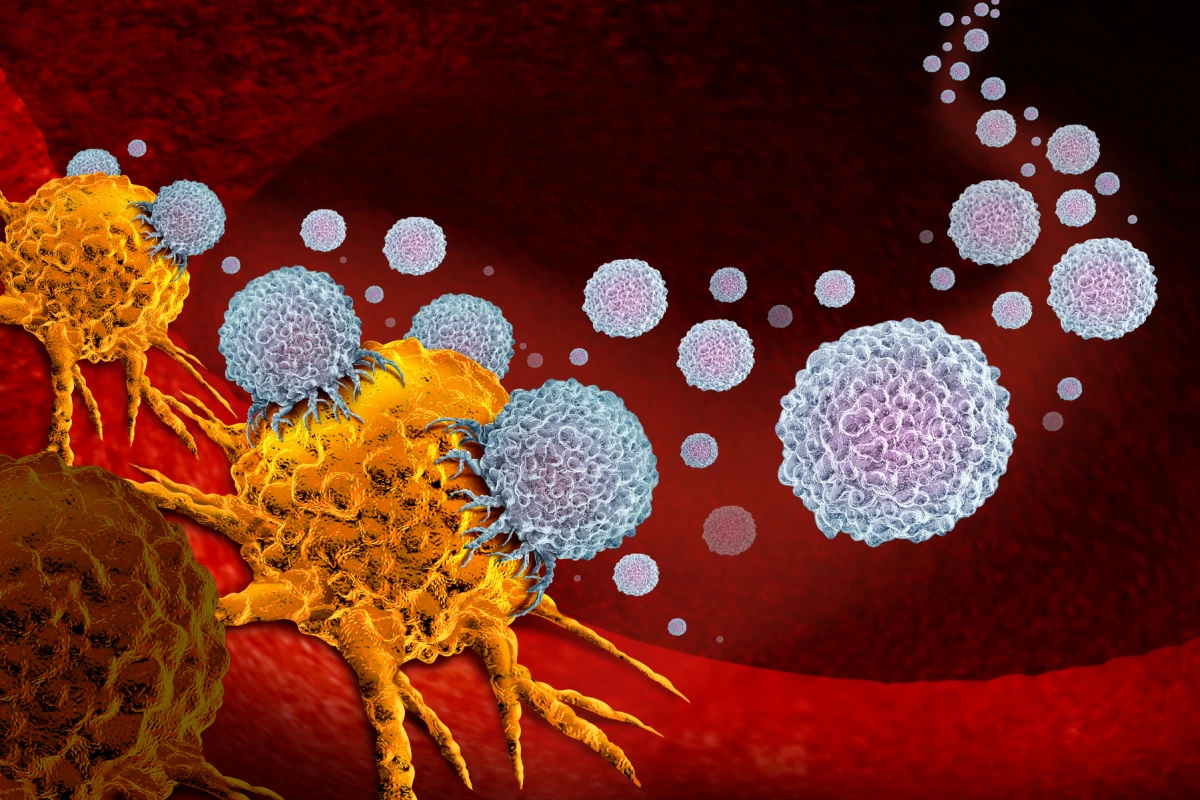One of the most promising cancer treatments is CAR T cell immunotherapy, where the body’s natural tumor-hunting cells are supercharged – but it can backfire with potentially deadly results. Now, scientists have engineered these immune cells to have off switches that can be activated in an emergency by a common cancer drug.
Cancer is quite a crafty foe, using a range of tricks to hide from the immune system. CAR T cell immunotherapy aims to give the body the upper hand again, by extracting some of the patient’s T cells, honing them to better seek out cancer, then returning them to the body to get to work.
Results have been extremely promising against some forms of cancer, but it’s not without risk. In some patients, the reintroduced CAR T cells proliferate out of control, triggering a toxic immune reaction called a cytokine storm that can be fatal.
So, for the new study, the researchers investigated ways to switch off the CAR T cells if they start to get out of hand. An existing drug called lenalidomide helps treat multiple myeloma by targeting specific proteins for destruction, so the team engineered small protein tags that this drug looks out for, and attached them to the CAR T cells. The idea is that if the immunotherapy starts to get out of control, doctors could administer lenalidomide to switch off the rogue CAR T cells.
In animal tests, the team showed that the technique worked, degrading the CAR T cells. The treatment is also reversible – after a while, new CAR T cells will take their place and take up the fight against cancer once again. The researchers say that as long as lenalidomide is taken, the CAR T treatment will be effectively paused.
The team also created the opposite – CAR T cells that only switch on when lenalidomide is taken. That approach could be even safer, the researchers say.
“From the start, our goal was to build cancer therapies that are less hard on people,” says Max Jan, first author of the study. “Having built these switches using human genetic sequences and an FDA-approved drug, we are excited for the potential to translate this research to clinical use.”
Of course, it’s still very early days for the work, having only been conducted in animals. It’s far from guaranteed that the results would carry across to humans, but it’s an intriguing beginning. Other studies have used similar methods to create “emergency brakes” on CAR T cells.
The research was published in the journal Science Translational Medicine.
Source: Dana-Farber Cancer Institute




